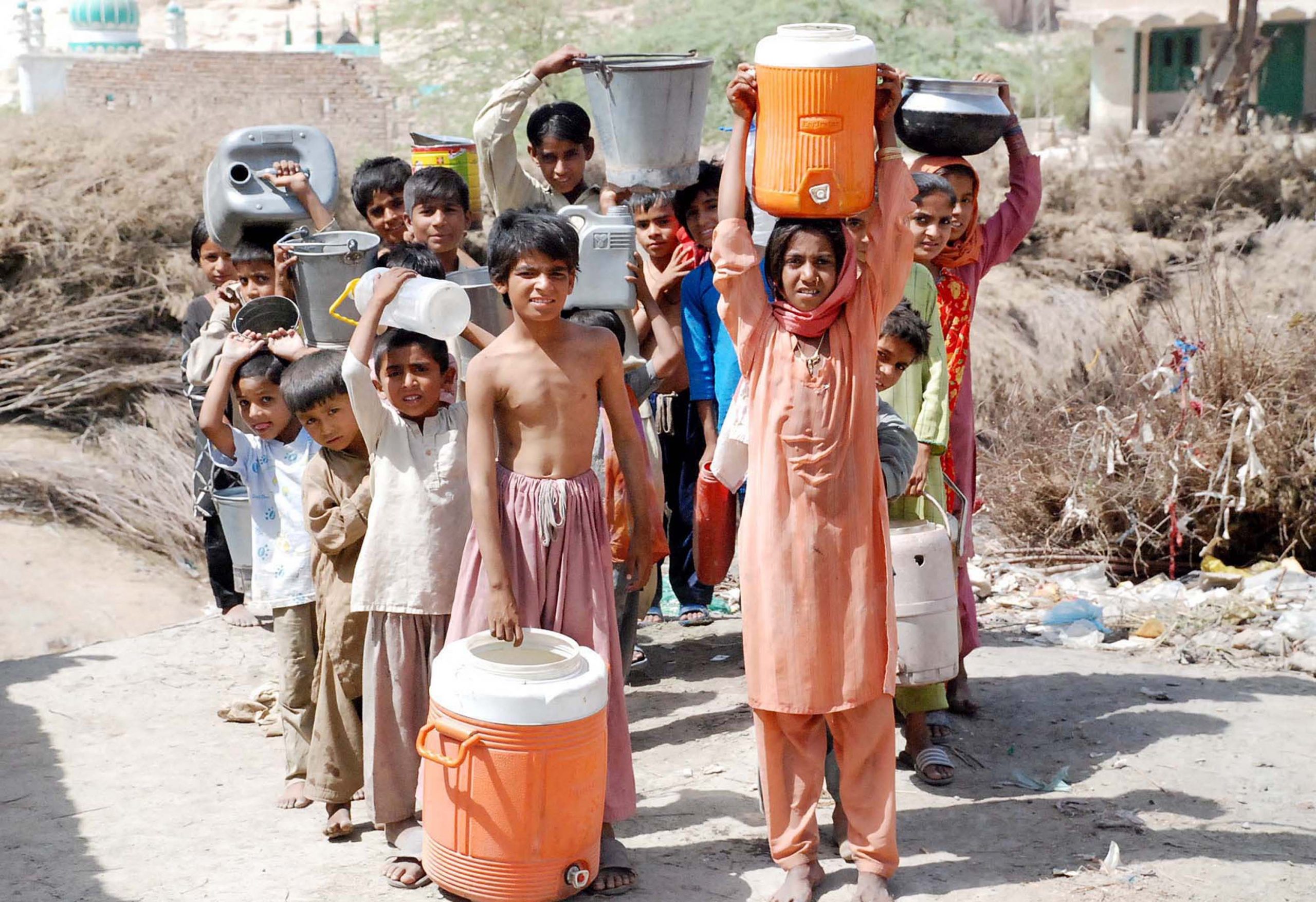[dropcap font="" size="50px" background="" color="" circle="0" transparent="0"]S[/dropcap]outh Korean women were
“devastated” by the result of the presidential elections on March 9, just a day after International Women’s Day, highlighting the stark irony of such an outcome.
Yoon Suk-yeol, an avowed “anti-feminist,” won the presidential race by 0.73 percentage points — a difference of just under 250,000 votes in a nation of some
44 million registered voters, reports
MEL.
South Korea’s “angry young men” helped propel Yoon to victory, reports
Nikkei Asia. The so-called “2030 generation” — so named because their members are in their 20s and 30s — has emerged as
a key voting bloc for populist candidates. These men believe that government policies aimed at ensuring gender parity are giving women an unfair advantage, reports
The Globalist.
According to the publication, “In a poll conducted by news magazine
SisaIN and Hankook Research in 2019, close to 70 percent of men in their 20s claimed that discrimination against men was severe. Men in their 20s also disproportionately agreed that the education system and university admissions favored women over men. Around 75 percent disapproved of government policies like gender quotas for elections and programs supporting women who experience career interruptions due to childbirth.”
Yoon tapped into this misplaced anger during the elections. He pledged to abolish the Ministry of Gender Equality and Family, claiming that it is
biased against men and that South Korean women do not suffer systemic discrimination — despite voluminous evidence to the contrary.
Academics Dr. Nahee Kang and Dr. Ye Liu write in
The Diplomat: “In the labor market, women in their 20s experience slightly more precarity … than their male counterparts, with this trend becoming significantly worse into their 30s and 40s. In short, men eventually find secure work with age, whereas women do not. Even among those employed, women are paid less than men. The gender pay gap was more than
40 percent in 2000 and was still around 32 percent as of 2019. South Korea ranks lowest in the
2022 Economist Glass Ceiling index among 29 OECD countries.”
Kang and Liu conclude: “Korean women face obstacles in translating their educational advantages into lasting employment opportunities, and this is precisely the context in which the soon-to-be-abolished Ministry of Gender Equality and Family was first established in 2001.”
On International Women’s Day, which fell the day before the election, Yoon retracted a description of himself as a feminist in an interview with
The Washington Post. His camp described the wording as an “administrative error”.














































